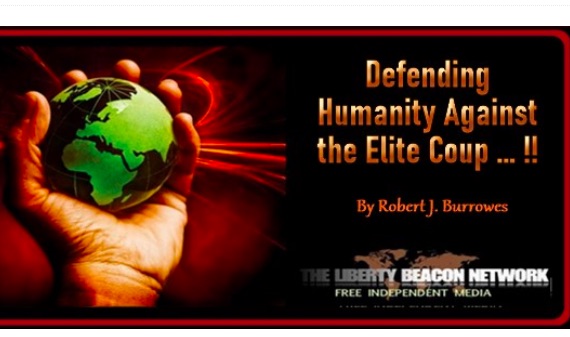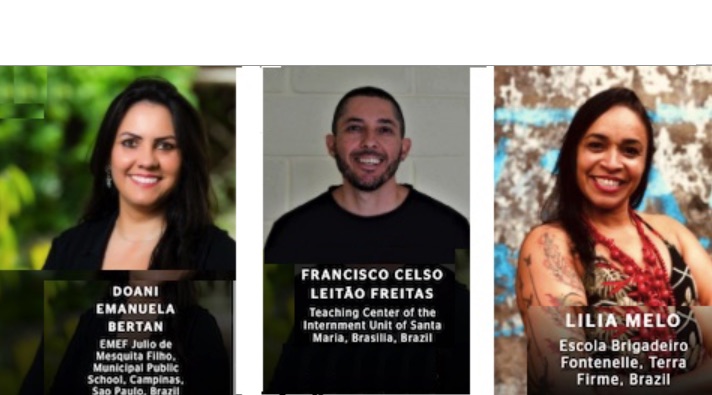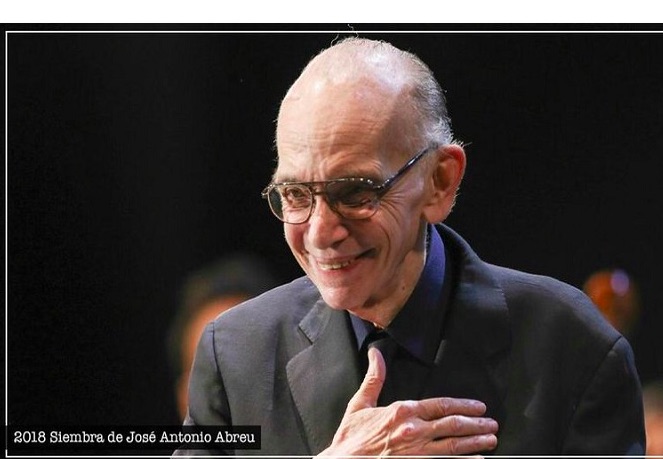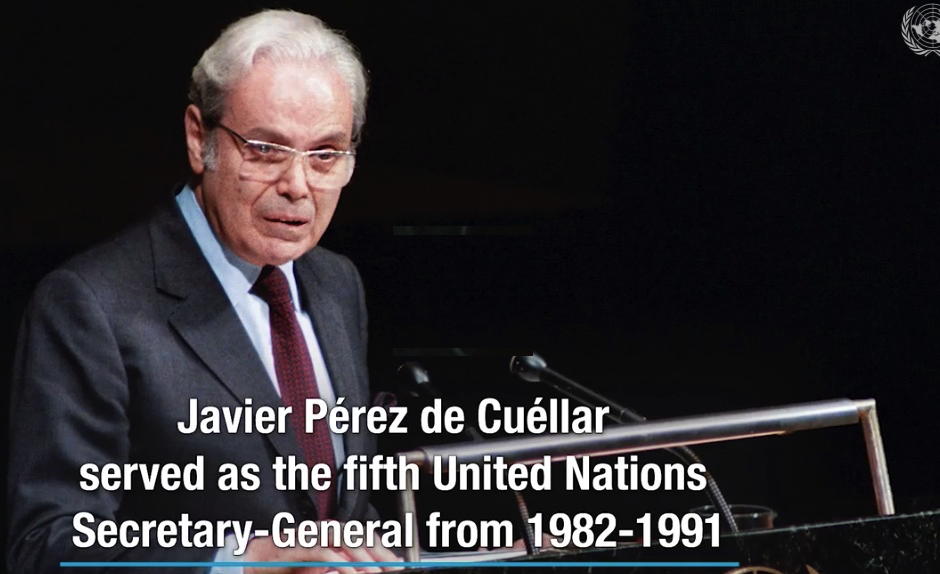DISARMAMENT & SECURITY .
A press release from the International Peace Bureau
The world’s oldest peace NGO, the Nobel Prize-winning IPB [International Peace Bureau] has called on G20 world leaders who are gathering via virtual means this coming week to send a message of peace and solidarity to the world as they address the global health emergency.
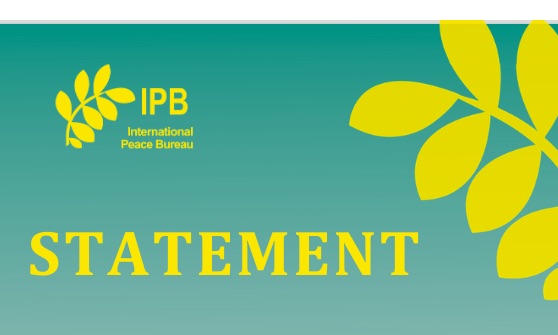
This is a time to open a new page in global relations to put geopolitical tensions to one side, to end proxy wars, for a ceasefire in those many conflicts around the world all of which stand to hamper a global solidarity effort.
We have to lift the shadow of war and military brinkmanship which has blighted global cooperation in recent years and work to ensure that a spirit of peace and solidarity prevails.
The IPB has long drawn the world’s attention to the increasing velocity of the global arms race.
Our communities are paying a high price for an arms race that has diverted resources from the basic health and welfare needs of the people.
We are all paying a heavy price for failed leadership and misplaced market-driven practices that have weakened our means to address this emergency, which has hit the weakest hardest.
Healthcare Stress
We are now seeing the consequences of underinvesting in healthcare infrastructure, hospitals, and staff.
Hospitals are overburdened, nurses are exhausted, materials are scarce, and life and death decisions are made on who can and cannot have access to the scarce number of ventilators available. Doctors and nurses are handicapped by the irresponsibility of past political and economic decision making.
All over the world, health systems are reaching the limits of their strength and heroic front-line staff are under massive pressure.
The coronavirus emergency shows what a weakened state our societies find themselves in to protect the people: a world driven by financialization, shareholder value and austerity have weakened our ability to defend the common good and placed human life in danger on a global scale.
Employees fearful of job and income loss are tempted to go to work sick. Older people are vulnerable and need help. The virus hits the weakest hardest.
Privatization, austerity measures, the neoliberal system have brought the local, regional and national health services to the brink of collapse.
In the last two decades the number of doctors working in the healthcare system has been reduced by a third in Western European countries.
In Italy, the healthcare budget has been cut by 37 billion euros in recent years.
The WHO warns that we are facing a shortage of 18 million healthcare workers by 2030.
Municipalities urgently need support in order to increase numbers of available staff. And now these policies are taking their toll, especially where hospitals have been closed on a massive scale in recent years (or privatized for the benefit of the rich), and in some (particularly rural) regions this has restricted basic care.
We can already draw lessons for the future:
Health is a human right for the young and old, for all people in all parts in the world.
Healthcare and nursing care must never be slashed or subordinated in the pursuit of profit through privatization.
The importance of decent work for all healthcare staff and continued investment in their education and training.
(continued in right column)
(click here for the press release in French and click here for Spanish.)
Question related to this article:
How can we work together to overcome this medical and economic crisis?
(continued from left column).
Time for a Global Social Contract
As each hour passes, the full scale of the crisis becomes clearer.
This week the ILO reported on the labour market consequences:
A potential loss of 25 million jobs, which is more than those lost during the 2008 financial crisis.
Working poverty is expected to increase significantly, where up to 35 million additional people could be impacted.
Income losses for workers could reach 3.4 trillion dollars.
We support the efforts of the trade union movement globally, regionally and nationally, in their call for a new social contract.
We support their call for economic measures and resources to protect jobs, incomes, public services, and the welfare of people.
This requires a commitment from the business community to keep people in work and the support they are promised to receive from their governments must be conditional on their adhering to the social contract for job security and incomes.
G20: Priority to Disarmament
The world spends 1.8 trillion dollars on military expenditure every year and is scheduled to spend 1 trillion dollars on new nuclear weapons in the next 20 years.
World military exercises cost more than 1 billion dollars each year, and arms production and arms exports are on the increase in the world’s leading economies.
The G20 cannot sweep these facts under the carpet. Military spending is 50 per cent higher today than at the end of the Cold War. It stands at a staggering 1,8 trillion US dollars a year, while NATO is demanding further increases from its members.
The G20 are responsible for 82 per cent of global military spending, account for almost all arms exports, and hold 98 per cent of the world’s nuclear bombs on their collective territory. The G20 is a shared platform that brings together the interests of the main players in the global arms race.
In addition, billions are spent on military research, money which would be better invested in health and human needs and research to help the fight against global climate change.
Militarization is the wrong path for the world to take; it fuels tensions and raises the potential for war and conflict and aggravates already heightened nuclear tensions.
Even so, the policy architecture that was put in place to control nuclear expansion and disarmament is ignored or even weakened.
The Bulletin of the Atomic Scientists’ 2020 Doomsday Clock published in February stood at 100 seconds to midnight – the closest it has been to midnight in its 70-year history – and this global pandemic has pushed the second hand even closer.
World leaders must put disarmament and peace back in the center of policy making.
Global leaders have to develop a new agenda for disarmament and that includes the banning of nuclear weapons. We call once again for governments to sign on to the TPNW.
Without it, we are handicapping our fight against future health pandemics, to eradicate poverty, hunger, to provide education and healthcare for all, as well as the realization of the SDG 2030 goals.
Disarmament is one of the keys to the great transformation of our economies, to ensure that human beings and not profit are most valued; economies in which ecological challenges – above all the crisis of climate change – will be solved and global social justice will be pursued.
With disarmament the implementation of the SDGs, a global social contract, and a new global green peace deal, we can address the challenges of the coronavirus pandemic.
We know from the history of our own organization and many of our member organizations that in such crises, democracy must be defended above all else, and it must be defended against increasingly authoritarian states.
We are calling for a culture of peace. A peaceful path means that we need a global strategy, a global social contract, and global cooperation to ensure planet-wide support for people. This will be the human solidarity of the 21st century – for and with the people.
IPB is willing and able to work on establishing this peaceful path – in collaboration with partners all over the world.
That is why we say that an initiative from the G20 to move away from a culture of militarization towards a culture of peace is both urgent and necessary.

